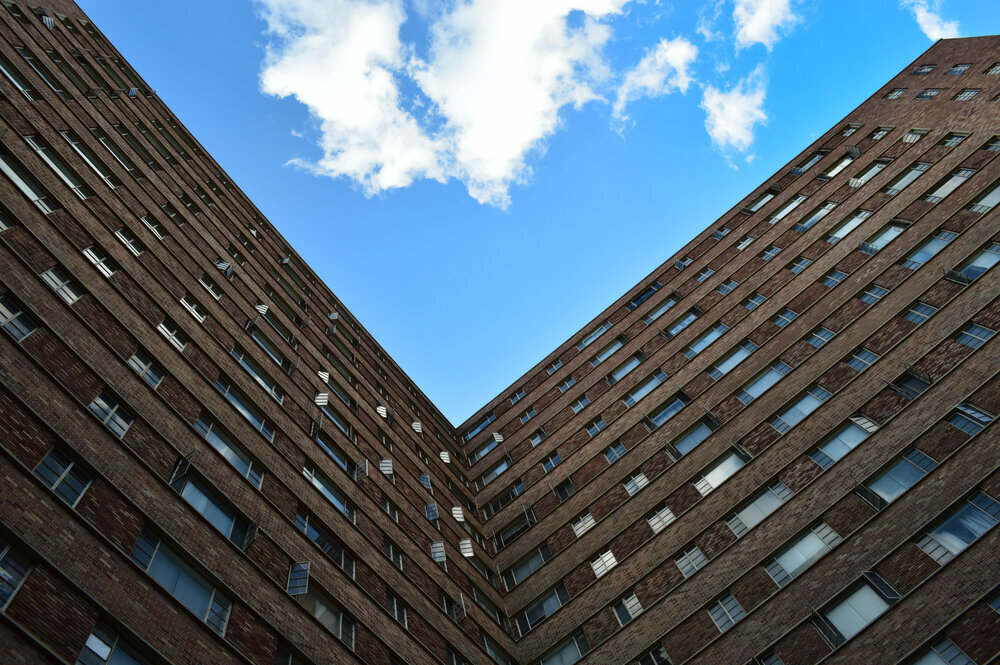
CNP ATL
A blog series about the future of Atlanta.

What if all of Atlanta’s Talk about Income Inequality Actually Perpetuates the Issue?
It seems important that Atlanta’s #1 ranking on income inequality receives attention in the media. And it is. But the conversations and voices the mainstream media is capturing obscure and ignore the root causes, focusing instead on the “problem” of poor people, of “concentrated poverty,” and how to “help” “them” climb the ladder of social mobility. Even though the naming of the issue as inequality seems to imply a problem of distribution, the popular discourse constantly reverts to a focus on mobility. The issue becomes the poor themselves and how to get them to be middle class, rather than the need for a redistribution of resources or shifting of economic and political power.

What Connects the Gulch and the Atlanta BeltLine? A Technocratic Financial Tool Known as Tax Increment Financing.
Tying together these two massive redevelopment efforts – the Gulch and the BeltLine – and their lack of prioritizing real public benefit for Atlanta residents, is a funding mechanism called a Tax Allocation District (TAD), also known as Tax Increment Financing (TIF). Today, TIF is a go-to tool used by municipalities across the country to leverage private sector investment for the “revitalization” of designated sections of cities.

Rent Control
In August of 2018, the new owners of the Darlington Apartments in Buckhead delivered 60-day notices to each of the building’s 612 units, stating residents would have to move out of their homes or else face eviction proceedings. These notices initiated the beginning of a mass eviction that put many people into a state of panic, with lasting repercussions that affected the entire Buckhead community. Many of the residents experienced a forced disconnection from the vital social networks and support systems they depended on that were now geographically out of reach. Accordingly, the ripple effects would extend themselves to those residents’ families and the wider, and increasingly more expensive, Buckhead community left behind.

